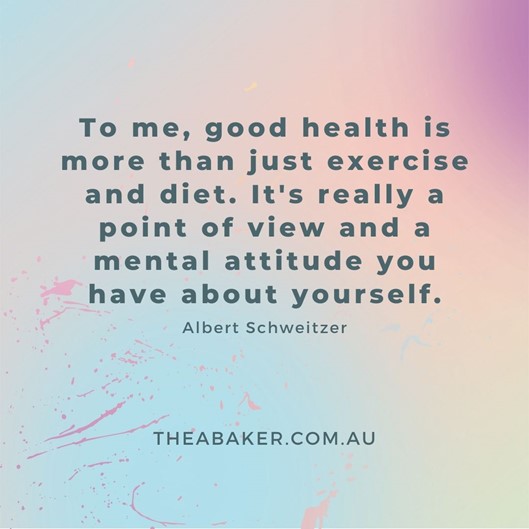Exercise and mental health
Exercise and mental health
I’ve decided that whilst in lockdown write some blogs focusing on some aspects of health and wellbeing that significantly impact on our mental health but that sometimes don’t get enough air-time in sessions. Last week I wrote about sleep (click HERE to read that) and this week we’re going to talk about exercise.
I come from a physical health space – long before I was a Counsellor and Psychotherapist, I worked a specialist Personal Trainer and Women’s Health Coach and that background has informed and shaped my approach to psychotherapy – I work with the human body font and centre in my work. And I believe absolutely that whole-person health should be our overarching goal in therapy.
So why is exercise so helpful to our mental health?
There are numerous studies that demonstrate that moving our physical body can help reduce anxiety, depression and negative mood by improving self-esteem and cognitive function. Exercise has also been shown to reduce symptoms including low self-esteem and social withdrawal.
There are also a few other significant aspects of what’s involved when we exercise. Depending on what kind of movement we engage in, we might be developing and mastering a new skill which helps develop a sense of mastery and self-efficacy, which helps builds self-esteem, increasing life satisfaction and thus improving mood. If we do something as part of a group – structured exercise or team sports – there’s also the additional benefits of social connection.
Other interrelated effects of exercise that play a part in improving mental health include:
- Improved sleep
- Increased interest in sex
- Better endurance
- Stress relief
- Improvement in mood
- Increased energy and stamina
- Reduced tiredness that can increase mental alertness
- Weight reduction
- Reduced cholesterol and improved cardiovascular fitness
How to get started:
I get it. When your mood is low, depression symptoms are rife and anxiety through the roof, staying under a duvet in the same pair of pj’s is far more attractive than going out for a walk or a run.
- Start small. If you start by setting small goals you will be more likely to do them and this will help you feel more motivated.
- Keep track. Monitor your progress and track how you feel after you exercise. This will help you see connections between how moving more helps you feel better. This helps drive motivation.
- Do what you enjoy. Whether you enjoy working hard, for short periods of time, or prefer swimming at the beach, do what feels good. It will be a lot easier to stick to it if you’re having fun! (Except in lockdown, obvs.)
- Make the time (even when you’re busy). When you’re busy and stressed, exercise can be the first thing you stop. Yet, being active during busy times will actually help you through tough periods.
- Set a routine. Plan ahead and make physical activity a part of your routine. Things like having your workout gear ready the night before and setting an alarm can help you stick to your goals.
One last point on what exercise you choose and how much to do. Honestly, it doesn’t matter what you do as long as you (ideally) like it or at least enjoy it enough to be able to do it often. Because moving more, more often is the key. And as for time, if you have never really done any exercise start small, say with just 10 minutes. At this point we’re just trying to create a habit. Move a bit, then the next day, move again. After a few days, move a bit more.
We have a team of therapists at Thea Baker Wellbeing who are all whole-person health centred – please reach out to us at: hello@theabaker.com.au / 03 9077 8194.


